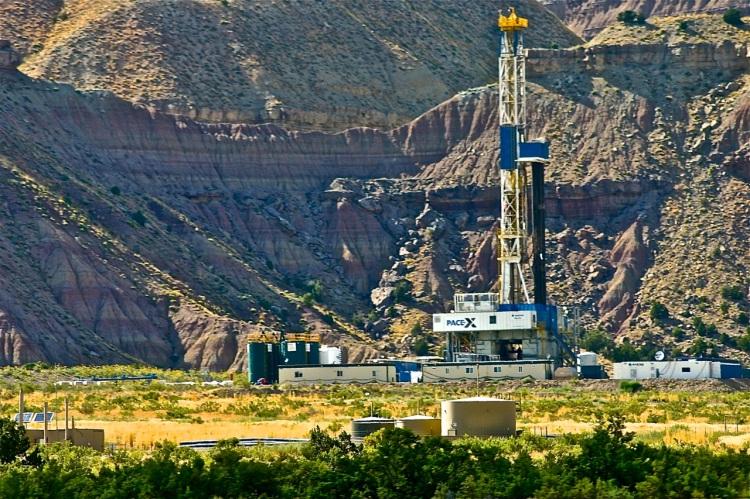New report breaks down public cost of supporting oil and coal

Staff Report
The as-yet barely checked use of fossil fuels is rapidly disrupting the global climate and to add insult to injury, taxpayers around the world are supporting the damage with huge subsidies, as well as tax breaks and loopholes.
A new report from watchdog groups last week helps detail exactly how that plays out in the U.S., where the subsidies may total as much as $7 billion per year. Additionally, the U.S. government is holding about $35 billion in public liabilities for drilling in public waters of the Gulf of Mexico.
The report was compiled by Oil Change International in partnership with 350.org, WildEarth Guardians, the Center for Biological Diversity, Clean Water Action, Food & Water Watch, and Public Citizen. It’s online here.
The accounting doesn’t include the external costs of climate and health impacts. If those factors are taken into account, for example, mining coal in Wyoming’s Powder River Basin alone would have a net cost to the U.S. public of roughly $17.8 billion a year.
“Rex Tillerson and other members of the Trump administration deny that these subsidies even exist just like they deny climate change. The reason is clear — in both cases, if you admit the truth the only answer is a managed decline of the fossil fuel industry,” said Stephen Kretzmann, executive director of Oil Change International. “The first step towards that is to stop supporting the industry with our public dollars. These subsidies are a raw deal for American taxpayers, and a disaster for our climate.”
The report also makes a number of key recommendations, including the phaseout of fossil fuel leasing on public lands. Until that happens, the report recommends immediate action to reduce large, unfunded liabilities for U.S. taxpayers associated with fossil fuel production on public lands should be reduced and royalty and lease rates should be increased to better reflect the full costs of these activities.
“Federal subsidies for oil, gas and coal underwrite coastal flooding, severe drought and wildlife extinction,” said Taylor McKinnon with the Center for Biological Diversity. “In an era of worsening climate change, fossil fuel subsidies are disastrous public policy.”
“This report makes it clear as day that the Trump agenda is the fossil fuel billionaire agenda. The industry finances corrupt politicians who in turn help them keep fossil fuels economically viable at a time when the science suggests most oil gas and coal needs to be kept in the ground. They set out to rig the system and they succeeded. History will judge them harshly,” said Jason Kowalski, policy director at 350.org.
Read the full report: http://priceofoil.org/2017/05/24/unequal-exchange-taxpayers-burden-fossil-fuel-federal-lands.
How about we peg all subsidies for energy options to the amount of energy produced. This ~$1/barrel subsidy, which may well include a wide range of normal business deductions as well as subsidies specific to oil and gas, will look pretty small when compared to the subsidies given to many renewable options. Why not publish the subsidies for all forms of energy in dollars per unit energy, and let us see which industries are getting the largest subsidy. Also, let’s discuss the environmental costs of mining rare earth elements to produce high-tech materials for hybrid automobiles and wind turbines. Keep in mind that rare earths generally occur with uranium in ore bodies. I still want to own a hybrid, and install solar panels on a house I build, but honest evaluation of the environmental costs is rarely heard above the shrillness on either side. Also, it would be wise to recognize that Rex Tillerson presided over a very different ExxonMobil than his predecessor Lee Raymond, and was the CEO who, as far as I can tell, moved them away from the doctrinaire anti-climate change stance. And, as far as I can tell from the “fake news” media where I get my information (NY Times, Wash Post, etc.), Tillerson was one of the Cabinet who told Drumpf not to abandon the Paris Accord. He may be a conservative Texan oil guy, but is evidently not as rigid as his boss.